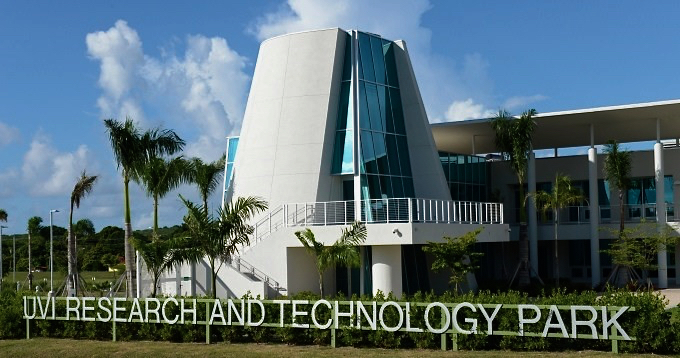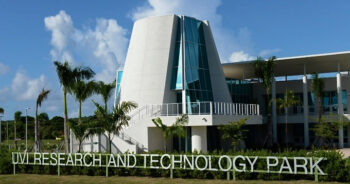A Google-backed innovation community in Nairobi, Kenya, plans to build the first African supercomputer outside of South Africa, which backers hope will be a step toward a more self-sufficient technological infrastructure and community in the region.
“When I look at the tech scene in Africa, there is a single question that consistently runs through my mind,” wrote iHub advisory group member Erik Hersman, in a recent blog post. “What foundational parts of the technology ecosystem do we own, and what are we reliant on others for?”
The iHub Cluster was the brainchild of Kenyan entrepreneur Idd Salim, who was interested in bolstering the capacity for hosting and high-end production on the continent outside of South Africa, which has seen more investment in technology infrastructure.
If all goes according to schedule, the center – which Hersman hopes will serve as a foundation for cloud computing in Kenya – will go online this summer.
Hersman expressed hope that building the computer would provide an educational opportunity for regional technology enthusiasts. He also hopes that the cluster will buck the trend of technology research in Africa being dominated by non-Africans.
“As with the UX Lab, the iHub Cluster will be for people to learn what goes on under the hood of HPC’s by building it, and to learn how to use the power in it to solve big data problems,” Hersman wrote. “It will also be made available to the animation and ad agencies in town for rendering services.”
Google, a longstanding iHub partner, has made funds available for initial equipment purchases as part of a $150,000 USD investment in the project. In addition, chip maker Intel has contributed a sophisticated server for use in the project.
iHub is described as an “open space” for African innovators, investors, hackers and tech companies. It seeks to provide a physical space, networking opportunity and computing resources — including internet connectivity — to individuals interested in adding to the Kenyan tech space.
In addition to the computing cluster, the hub is currently investing in a user experience lab to combat what they see as a lack of focus in African tech innovation on software design. They’ve described that initiative as a “place where companies and startups learn about and begin thinking about user experience as they develop new products.”
Image: iHub







